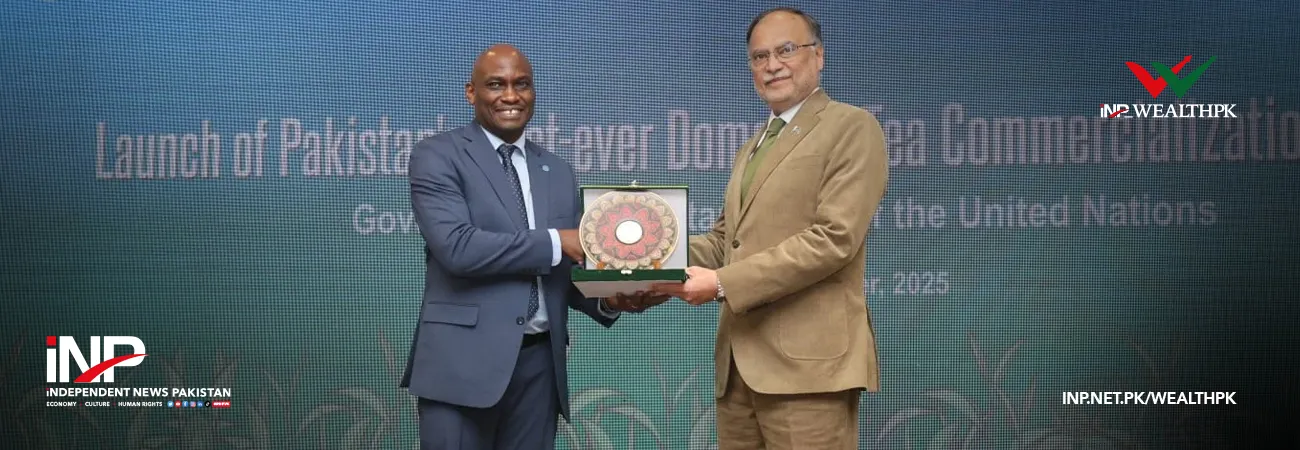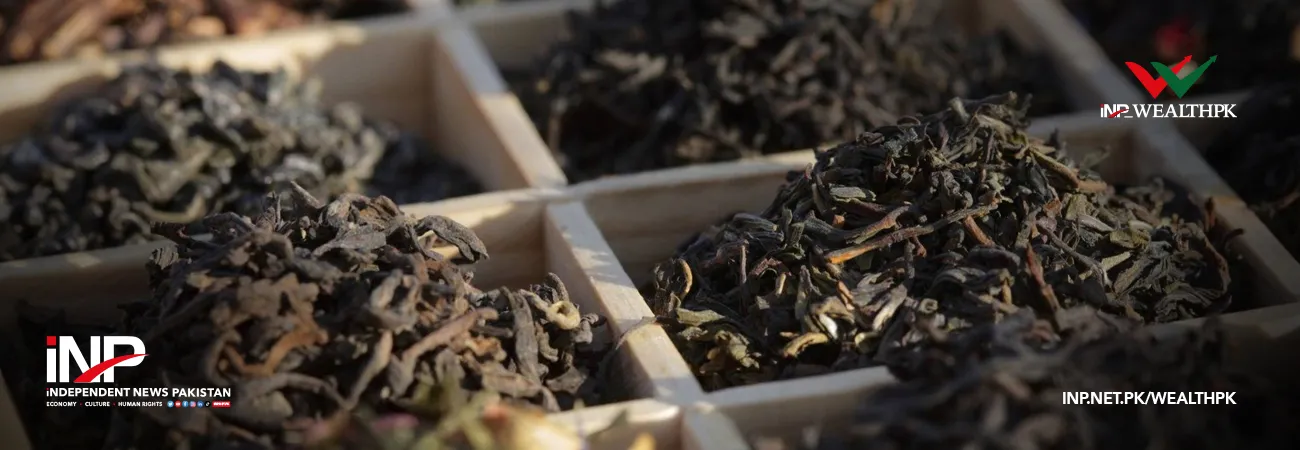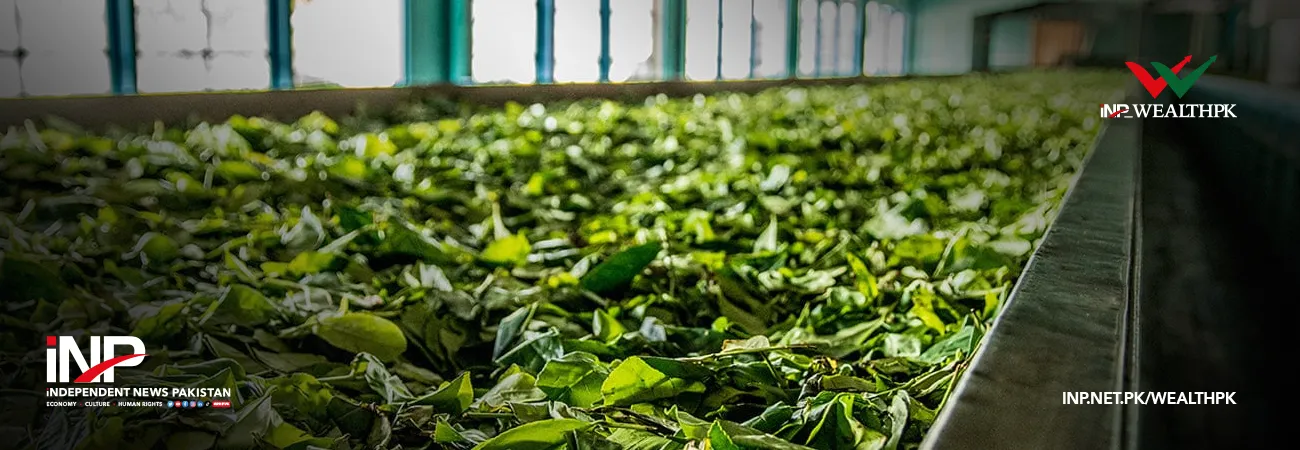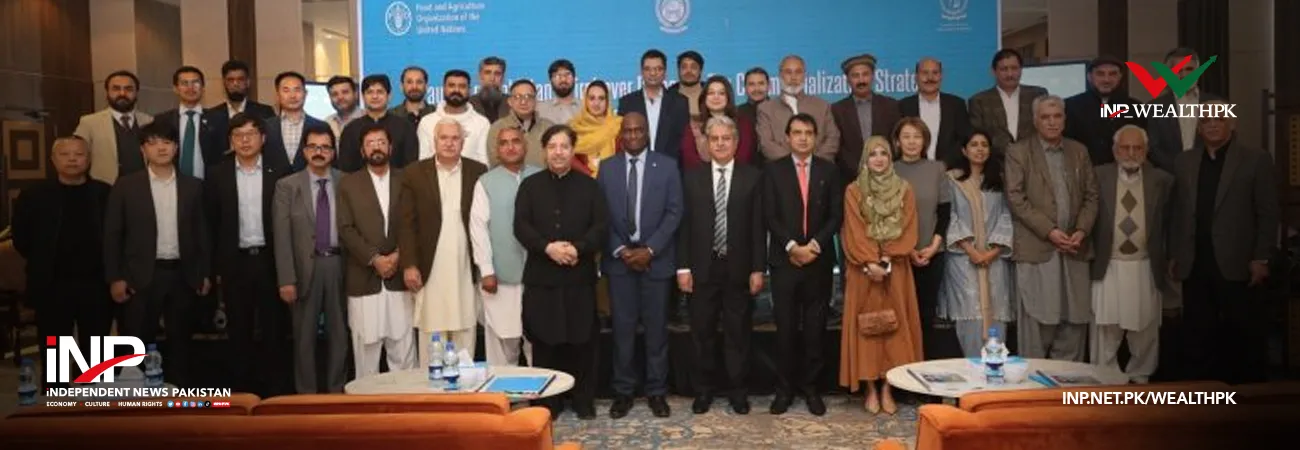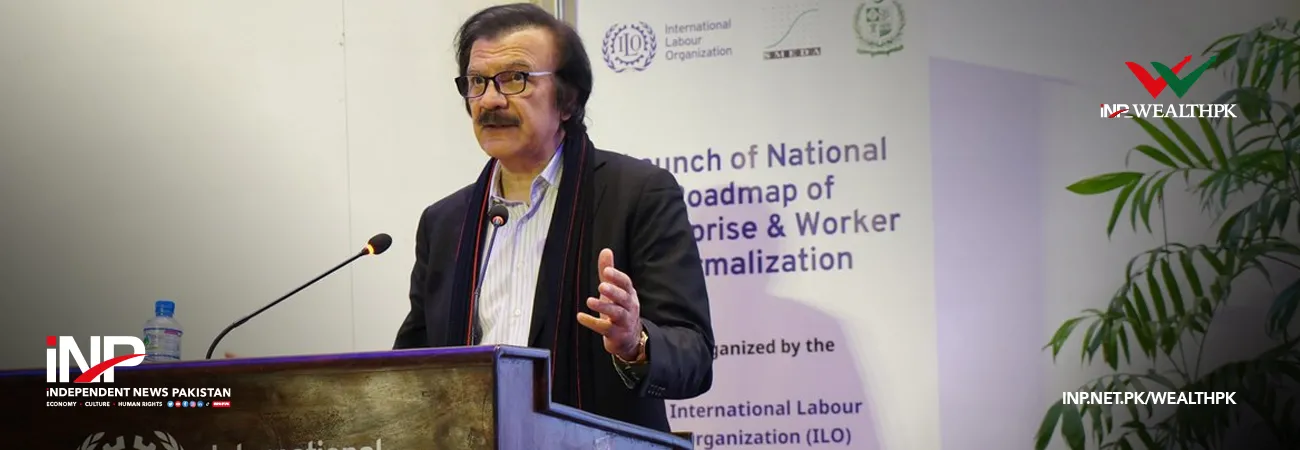INP-WealthPk
Pakistan will have to devise and implement a long-term result-oriented strategy for achieving sustainable double-digit annual growth for sound economy, stresses Shahzad Ali Malik, Chairman United Business Group of the Federation of Pakistan Chambers of Commerce and Industry (FPCCI).
Chairing a high-level meeting of top leaders of business community across the country, he said the ongoing Russia-Ukraine conflict had badly affected Pakistan’s fragile economy, leading to spiralling inflation, high costs of raw materials and disruption in global supply chain, reports WealthPK.
He said all lossmaking government organisations, including Wapda, railways, PIA, Pakistan Steel Mills and others, should be restructured on modern scientific lines and managed strictly on merit and sound business principles to help the country rid of the fiscal imbalances. He said major investments in the energy sector were needed to provide affordable electricity and gas to all industrial and commercial consumers. He said the reduction in electricity line losses and transmission should be plugged.
Ali Malik said reducing business costs was also an important prerequisite for steady growth. He said these prerequisites might appear formidable and are vital for the country’s future. Shahzad Malik said globalisation had changed the structure of production and trade in the world economy. “Pakistan has a well-developed agriculture sector, which can become the engine of growth and also a significant source of foreign exchange, provided we undertake master plan of diversifying into value-added agriculture.”
The businessman said there was considerable potential for attracting foreign investment from the Middle East in agriculture and agro-processing of products. He said this in turn would require stronger links between agricultural research and industry and investments in post-harvest transport, storage and marketing in cold chains.
He said the second major opportunity for accelerated growth in the short run was the small-scale industrial and commercial sectors. “Pakistan has 3.3 million economic establishments, of which, over 90% are small enterprises employing less than five workers and another 4% are medium-sized enterprises employing between six and 50 workers.” He said SMEs should also be brought into the mainstream of national development like all advanced countries for sustainable economic growth and prosperity.
Credit : Independent News Pakistan-WealthPk




